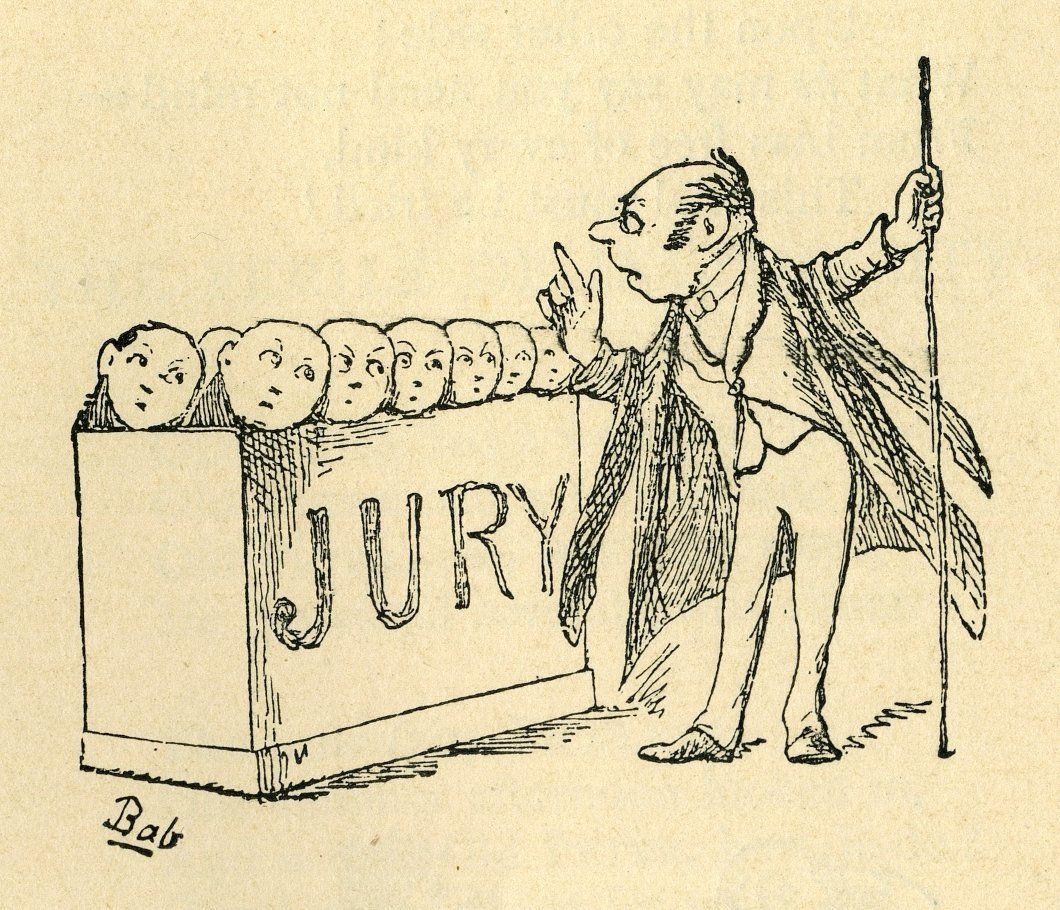What is Employment At Will?
Employment At Will
One of the fundamental principles that guides employment in New York is the concept of "Employment at Will." The employment at will doctrine emerged in the 19th century as a reflection of the laissez-faire economic principles prevalent at the time. Under this doctrine, employers had broad discretion to hire and fire employees without providing a reason. In New York, this age-old doctrine has great implications, and important considerations, for both employees and employers.
Defining Employment at Will
Employment at will is a legal doctrine that establishes the right of employers to terminate an employee's employment at any time, with or without cause, or notice. Similarly, it grants employees the freedom to resign from their positions without providing a reason or advanced notice. This means that, by default, an employment relationship in New York State is presumed to be at will, unless otherwise specified in an employment contract, collective bargaining agreement, civil service, or by other applicable laws.
Key Implications for Employees
While employment at will provides employers with significant flexibility, employees must understand and protect their rights and interests. Here are some important considerations:
- Termination without Cause: Under employment at will, an employer can terminate an employee's job without notice and without providing a specific reason. But illegal motives for termination are still prohibited under various Federal or State laws which protect employees from discrimination and termination based on their race, color, gender, religion, age, disability, sexual orientation, retaliation, and other protected characteristics.
- Whistleblower Claims: Aside from statutory claims of discrimination, Federal and State whistleblower laws prohibit terminations based on an employee's refusal to engage in illegal activities, or for reporting illegal conduct in the workplace.
- Contractual Protections: Employees may have their own individual employment contracts, or be subject to union collective bargaining agreements, which modify the terms of their employment. These agreements can include provisions that require “cause” for termination or establish specific notice periods.
- Other Exceptions: There may also be public policy exceptions and implied covenants of good faith and fair dealing to counter the employment at will doctrine.
Seeking Legal Advice
The doctrine of employment at will effectively prevents employees from suing for wrongful termination, unless the employee has evidence of discrimination based on a characteristic protected by law, or a whistleblower claim, or some other statutory claim. Employees who have concerns about their employment status, or believe they have been wrongfully terminated, should contact Employment Attorney Raymond Nardo, who can evaluate the specific circumstances, review relevant laws and contracts, and provide guidance on potential legal actions or negotiation strategies.










